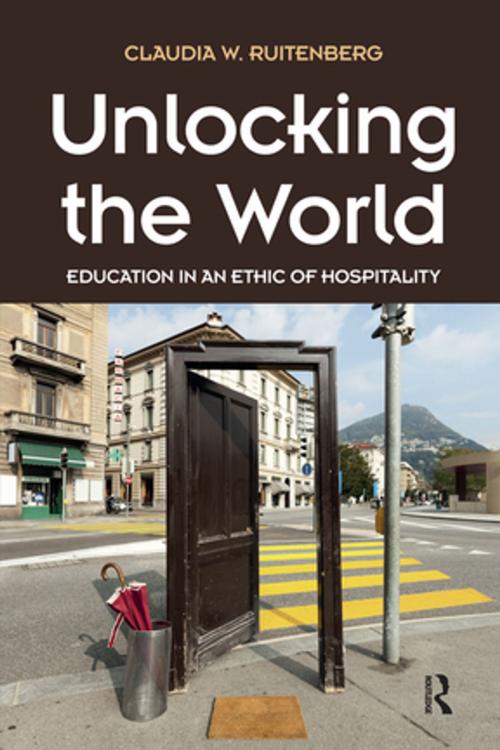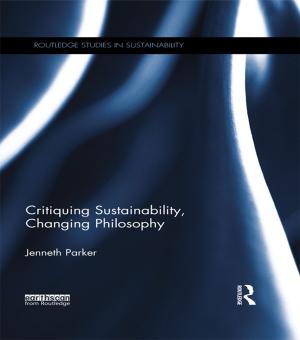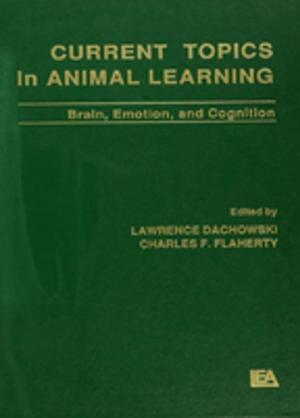Unlocking the World
Education in an Ethic of Hospitality
Nonfiction, Reference & Language, Education & Teaching, Social & Cultural Studies, Political Science| Author: | Claudia W. Ruitenberg | ISBN: | 9781317249740 |
| Publisher: | Taylor and Francis | Publication: | December 3, 2015 |
| Imprint: | Routledge | Language: | English |
| Author: | Claudia W. Ruitenberg |
| ISBN: | 9781317249740 |
| Publisher: | Taylor and Francis |
| Publication: | December 3, 2015 |
| Imprint: | Routledge |
| Language: | English |
"Unlocking the World "proposes hospitality as a guiding ethic for education. Based on the work of Jacques Derrida, it suggests that giving place to children and newcomers is at the heart of education. The primary responsibility of the host is not to assimilate newcomers into tradition but rather to create or leave a place where they may arrive. Hospitality as a guiding ethic for education is discussed in its many facets, including the decentered conception of subjectivity on which it relies, the way it casts the relation between teacher and student, and its conception of curriculum as an inheritance that asks for a critical reception. The book examines the relation between an ethic of hospitality and the educational contexts in which it would guide practice. Since these contexts are marked by gender, culture, and language, it asks how such differences affect enactments of hospitality. Since hospitality typically involves a power difference between host and guest, the book addresses how an ethic of hospitality accounts for power, whether it is appropriate for educational contexts marked by colonialism, and how it might guide education aimed at social justice."
"Unlocking the World "proposes hospitality as a guiding ethic for education. Based on the work of Jacques Derrida, it suggests that giving place to children and newcomers is at the heart of education. The primary responsibility of the host is not to assimilate newcomers into tradition but rather to create or leave a place where they may arrive. Hospitality as a guiding ethic for education is discussed in its many facets, including the decentered conception of subjectivity on which it relies, the way it casts the relation between teacher and student, and its conception of curriculum as an inheritance that asks for a critical reception. The book examines the relation between an ethic of hospitality and the educational contexts in which it would guide practice. Since these contexts are marked by gender, culture, and language, it asks how such differences affect enactments of hospitality. Since hospitality typically involves a power difference between host and guest, the book addresses how an ethic of hospitality accounts for power, whether it is appropriate for educational contexts marked by colonialism, and how it might guide education aimed at social justice."















